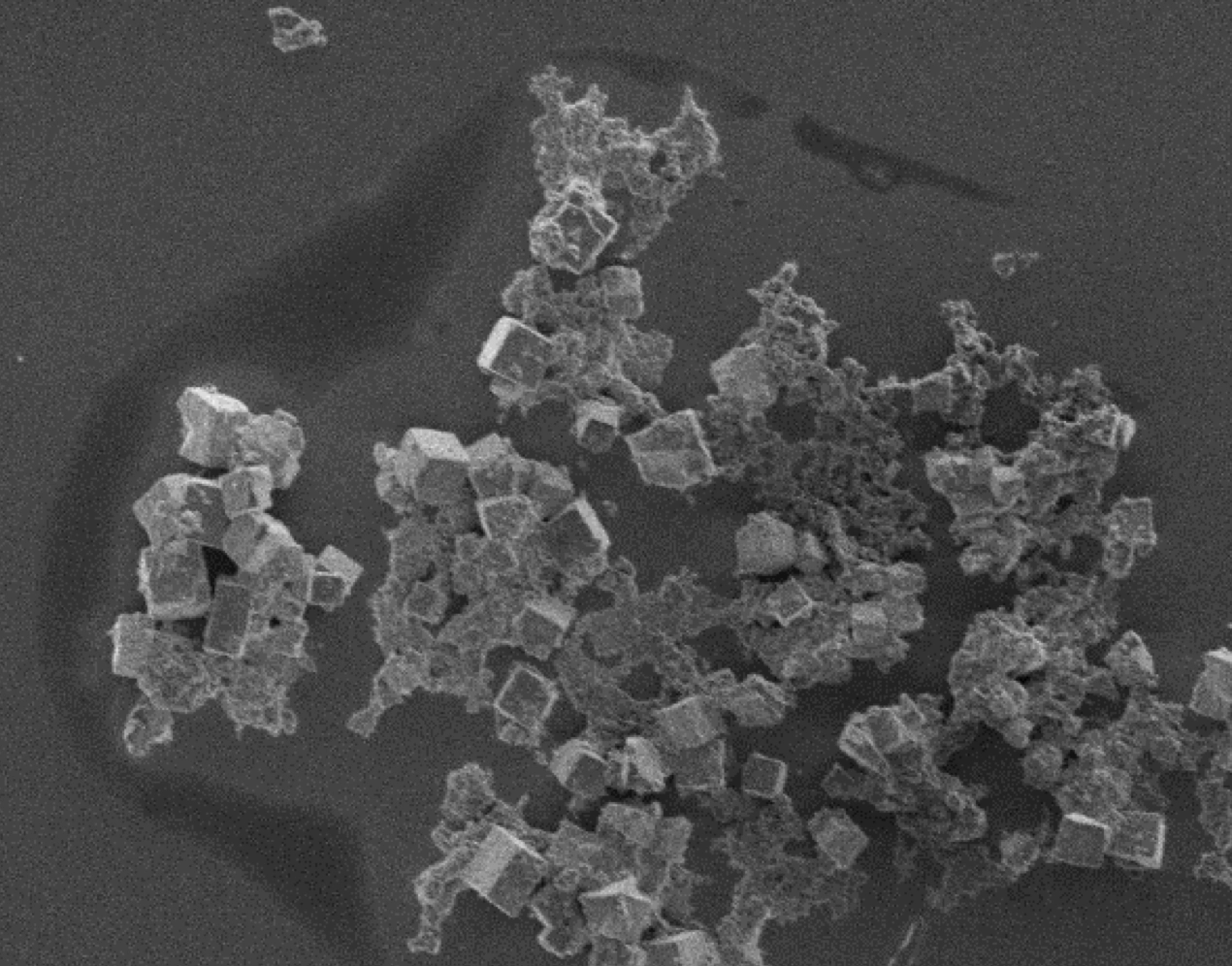September 13, 2023- 3RD OF 3
Cultivating Healthy Soil: A Pathway to Sustainable Agriculture and Ecosystem Health
 The health of our soil is a cornerstone of sustainable agriculture and environmental well-being. Healthy soil not only nurtures robust crops but also supports diverse ecosystems, sequesters carbon, and mitigates the effects of climate change. In this article, we will explore the significance of soil health and provide practical ways to enhance it, while highlighting the numerous benefits that accrue from these efforts.
The health of our soil is a cornerstone of sustainable agriculture and environmental well-being. Healthy soil not only nurtures robust crops but also supports diverse ecosystems, sequesters carbon, and mitigates the effects of climate change. In this article, we will explore the significance of soil health and provide practical ways to enhance it, while highlighting the numerous benefits that accrue from these efforts.
The Importance of Soil Health

Crop Productivity:
Healthy soil is teeming with beneficial microorganisms, organic matter, and essential nutrients. These elements nourish plants, resulting in higher crop yields, better quality produce, and increased food security.
Erosion Prevention:
Soil erosion is a significant global issue, but healthy soil is more resistant to erosion due to its improved structure and root-binding capabilities. This reduces the loss of fertile topsoil and helps protect waterways from sedimentation.
Carbon Sequestration:
Healthy soil acts as a carbon sink, storing substantial amounts of carbon dioxide from the atmosphere. Enhancing soil health is a vital strategy for mitigating climate change and reducing greenhouse gas emissions.
g-ad
Water Management:
Healthy soil has improved water-holding capacity, reducing the risk of both drought and flooding. It acts as a sponge, soaking up water during rainfall and releasing it gradually, benefiting both crops and nearby water bodies.
Biodiversity:
Healthy soil supports a rich array of organisms, including earthworms, beneficial insects, and mycorrhizal fungi. This biodiversity contributes to overall ecosystem health and resilience.
Ways to Increase Soil Health

Reduce Soil Disturbance:
Minimize soil disturbance through practices like no-till farming, which preserves soil structure and organic matter. Reduced disturbance also helps retain moisture and reduces erosion.
Crop Rotation:
Crop rotation helps break pest and disease cycles, improves nutrient cycling, and promotes soil health. Diverse crop rotations can improve soil fertility.
Cover Cropping:
Plant cover crops during fallow periods to protect the soil from erosion and add organic matter. Cover crops also enhance microbial diversity and nutrient cycling.
g-ad
Compost and Organic Matter:
Incorporate organic matter, such as compost or well-rotted manure, to enrich the soil with essential nutrients and improve its water-holding capacity.
Avoid Overuse of Chemicals:
Reduce the reliance on synthetic fertilizers and pesticides, which can harm beneficial soil organisms. Organic and sustainable farming practices can maintain soil health while minimizing chemical inputs.
Mulching:
Mulching with organic materials like straw or wood chips helps conserve soil moisture, regulate temperature, and prevent erosion. It also gradually adds organic matter to the soil as it decomposes.
Conservation Practices:
Implement conservation practices like contour farming, terracing, and buffer strips to reduce soil erosion and protect water quality.
Benefits of Soil Health Enhancement
Sustainable Agriculture:
Healthy soil leads to more sustainable and resilient farming systems, reducing the need for expensive inputs and ensuring long-term agricultural productivity.
Improved Water Quality:
Healthy soil filters contaminants and pollutants, preventing them from entering water bodies. This safeguards aquatic ecosystems and human health.
Carbon Sequestration:
Enhancing soil health contributes to global carbon sequestration efforts, mitigating climate change impacts.
Biodiversity:
Healthy soil fosters diverse ecosystems, supporting a wide range of flora and fauna. This biodiversity has cascading positive effects on the environment.
Food Security:
Enhanced soil health leads to increased crop yields and better food quality, contributing to global food security.
Cultivating healthy soil is not just a concern for farmers; it's a critical step in safeguarding our planet's ecosystems and addressing the challenges of the 21st century. By adopting sustainable farming practices, reducing soil disturbance, and enriching soil with organic matter, we can ensure that our soil remains a resilient and productive foundation for agriculture and a key player in the fight against climate change. The benefits of investing in soil health are far-reaching, with positive impacts for ecosystems, water quality, and food security, making it a worthy endeavor for individuals, communities, and nations alike.




















































.webp)
.webp)













































